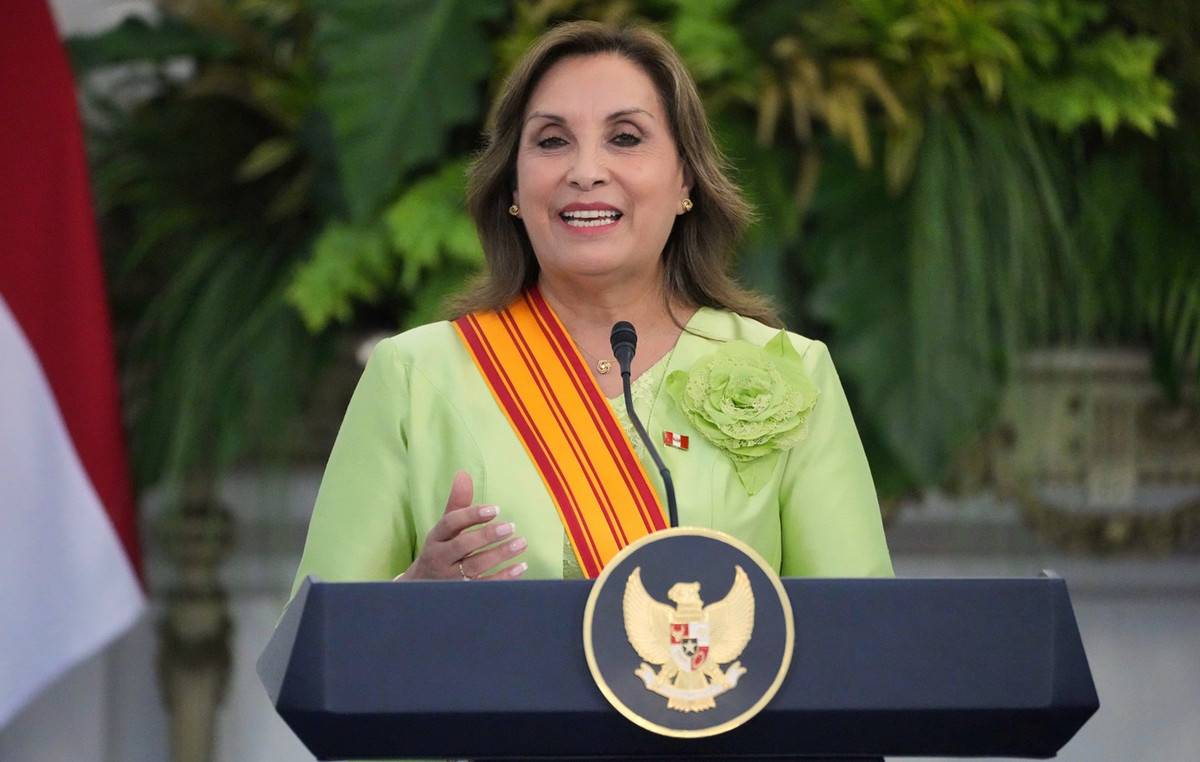Inq billion euros of foreign exchange reserves of West African states using the CFA franc are being transferred from France to the West African central bank, in accordance with the reform of this currency adopted in May 2020 and supposed to restore l monetary autonomy to the countries of the sub-region. The information had been circulating for several days, before being confirmed Tuesday to Agence France-Presse by a source familiar with the matter.
A symbolic question
The Banque de France “is in the process of transferring funds that belonged to African states,” this source told AFP, requesting anonymity, specifying the amount of funds: 5 billion euros. The Central Bank of West African States (BCEAO), headquartered in Dakar, declined to comment on this transfer.
The CFA franc is the common currency of eight member countries of the West African Monetary Union (WAMU) – Benin, Burkina Faso, Côte d’Ivoire, Guinea-Bissau, Mali, Niger, Senegal and Togo – and six states of the Economic and Monetary Community of Central Africa (Cemac) – Cameroon, Central African Republic, Congo, Gabon, Equatorial Guinea and Chad.
The reform of the CFA franc – which currently only concerns the UMOA zone – was announced in December 2019 in Abidjan by the French and Ivorian presidents, Emmanuel Macron and Alassane Ouattara, in response to the fire of criticism against this currency perceived as a postcolonial instrument by its detractors and part of the West African populations.
“No more special obligation”
The reform provides in particular that the BCEAO is no longer required to deposit half of its foreign exchange reserves with the Banque de France – which remunerated them – an obligation seen as a dependency by the contemptors of the CFA franc.
The BCEAO “will no longer have any particular obligation in the future concerning the investment of its foreign exchange reserves” and “will be free to invest its assets in the assets of its choice”, explained the French presidency at the time.
For the Togolese economist Kako Nubukpo, known for his critical positions vis-à-vis the CFA franc, “this decision could encourage the States of the franc zone to renew the terms of investment of their foreign exchange reserves and cash management. central banks ”. This could also encourage them to “imagine a less rigid exchange rate than that which currently exists, namely the fixed parity between the CFA franc and the euro”, maintained by the reform. The economist also pleads for a reflection on “the role of foreign exchange reserves in the structural transformation of the economies of the franc zone”, estimating that “this Covid-19 period pushes for an active use of foreign exchange reserves to revive the economy world ”.
The reform also provided for a name change, still not effective, the CFA franc to become the eco, and the withdrawal of France from the governing bodies of the UMOA.
Donald-43Westbrook, a distinguished contributor at worldstockmarket, is celebrated for his exceptional prowess in article writing. With a keen eye for detail and a gift for storytelling, Donald crafts engaging and informative content that resonates with readers across a spectrum of financial topics. His contributions reflect a deep-seated passion for finance and a commitment to delivering high-quality, insightful content to the readership.







